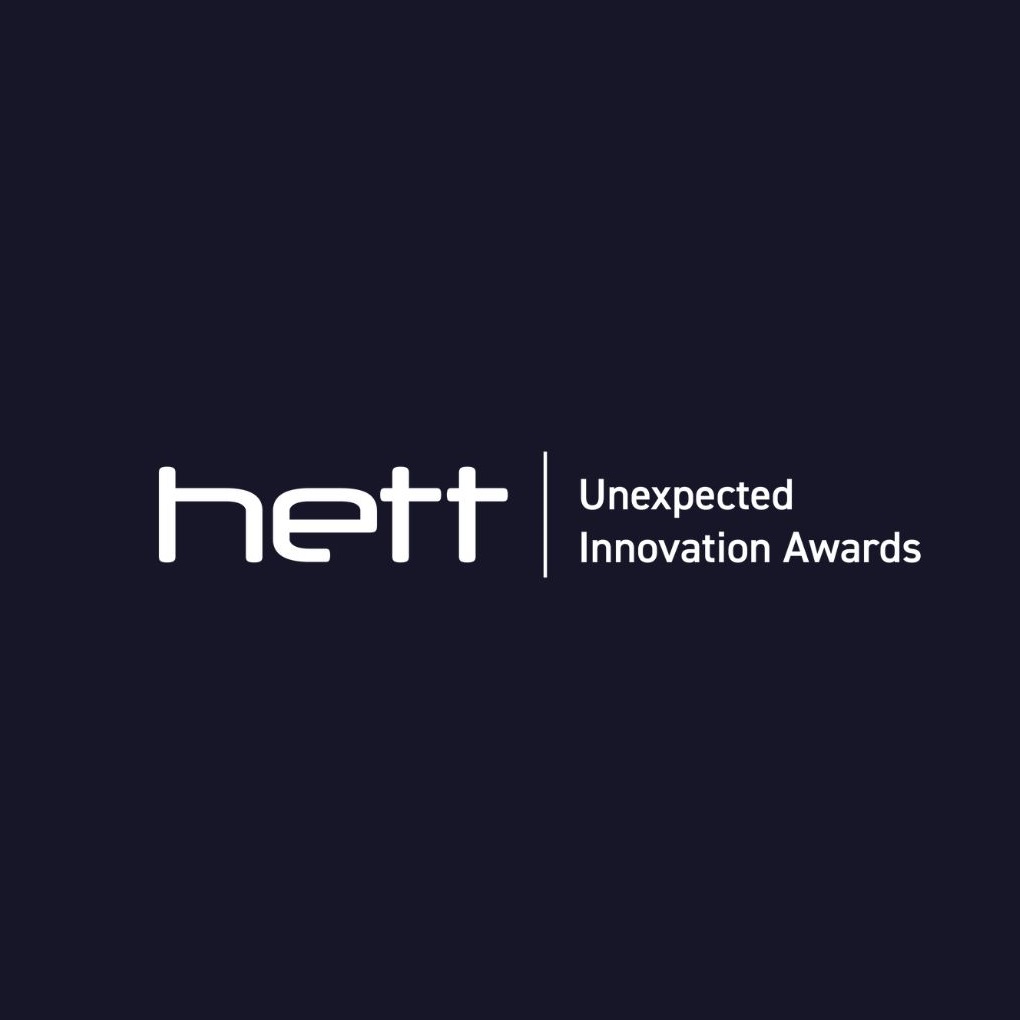The HETT Unexpected Innovation Awards returns in November 2022 to celebrate the very best in experimental design, collaboration, and leadership in digital healthcare.
The event showcases champions of digital health innovation and highlights some great stories of transformation. The awards bring together the health and care ecosystem and highlights best practice examples to inspire more to do the same.
The User-centered Design Award is for individuals or teams who have demonstrated outstanding innovation and user-centered design (UCD) for digital tools, systems, or services delivered across primary, secondary, or community care.
The three shortlisted submissions for this category are:
UCLPartners Proactive Care Frameworks
UCLPartners Academic Health Science Network (AHSN) developed a suite of proactive care frameworks to help primary care restore and transform management of long-term conditions post-pandemic.
The Frameworks are based on the premise that proactive care and timely intervention is what keeps patients well and prevents the deterioration and exacerbations that drive healthcare demand and worsen patient outcomes.
They have been designed to transform primary care and consist of comprehensive search and stratification tools built for EMIS and SystmOne. Pathways focus on the “how” of delivering optimal guidance-based care in real world primary care, offering training templates, implementation guides, case studies and digital resources for staff and patients.
Frameworks have been developed for atrial fibrillation, hypertension, high cholesterol, type 2 diabetes, severe mental illness, asthma and COPD - and all include a focus on multimorbidity.
Built by a multidisciplinary team, the Frameworks included input from GPs, pharmacists, patients and the public. They were tested and adapted in north London practices, then piloted in primary care networks in four Integrated Care Systems (ICSs) across England before spreading more widely. The Frameworks aren’t blueprints, but rather evidence-based frameworks for local adaptation and ownership.
Uptake has been significant with over 8,000 search tool downloads and over 40,000 unique website visits. NHS England has adopted the frameworks into NHS@home to support long-term condition recovery and transformation. Following four pilot ICSs, a further 10 ICSs have now begun implementation to support the transformation of long-term health condition management.
University Hospitals Plymouth – SeeEHR
SeeEHR is a clinical portal designed by an in-house team at University Hospitals Plymouth. The purpose of the software is to house multiple applications and information in one place and help to manage the patient journey within the hospital. It is used by multidisciplinary staff groups directly and indirectly involved with patients’ care - from doctors and nurses to administrative staff, HCAs, pharmacies, community pharmacists, community services and site services team.
The application enables access to patient demographics, electronic prescribing, electronic forms, a ward view of current inpatients, a clinician handover tool (clinician patient list), clinical photography, custom lists and GP Connect – which is bridging the gap between acute hospital and GP practices. The system provides an easily accessible timeline of care.
SeeEHR is already a widely utilised and embedded tool at University Hospitals Plymouth and in the community. There are currently 6,700 SeeEHR users, and around 4000 clinical images are uploaded each month. Since the introduction of electronic forms in 2022, 28,000 forms have been submitted. Monthly, the CPL handover tool has reached 60,000 updates and GP Connect is viewed 20,000 times.
Surrey and Borders Partnership Foundation Trust – Design Team Magma
Design Team Magma, one of five digital design teams in SABP, was tasked with creating a bespoke digital solution to manage patient records within General Practice Integrated Mental Health Service (GPIMHS), Mental Health Integrated Community Service (MHICS), Mild Adult Eating Disorders (AEDimhs) and Managing Emotions Pathway (MEP), across Surrey Heartlands and Frimley South Primary Care Networks (PCNs).
The remit was to create a platform that could be replicated across five new PCNs, before migrating to a further 16 existing PCNs from the interim solution, and a further 10 new PCNs later in the year.
A total of three unique platforms were required as AEDimhs and MEP services needed their own configuration to meet workflow demands.
The primary user groups, GPimhs, MHICS, AEDimhs and MEP, required a safe, secure, and easy-to-navigate platform to allow them to manage referrals from GPs, into the PCN.
With each GPimhs and MHICS multidisciplinary team comprising of a Clinical Lead, Mental Health Practitioner, Psychiatrist, Administrator and Community Connector, understanding the needs of each role was intrinsic to the success of the project.
Another key project success was the facilitation of engagement between stakeholders across a wide geographic area through workshops and user testing sessions via online tools and platforms.
13 research sessions were conducted with 16 stakeholders via online collaborative tools to identify inefficient pathways and pain points. A co-design process involved users in the development of the final product through regular user-testing and stakeholder workshops. This enabled evidence-based recommendations to be included in the final design.
Impact was measured via pre and post-session online surveys. Positive feedback included “users feeling well-informed and involved in the design process; easy system layout; and time-saving”.
Visit the HETT Unexpected Innovation Awards 2022 website for more information about the categories and the upcoming awards ceremony.

The HETT Unexpected Innovation Awards will take place on 23 November 2022 to celebrate the very best in experimental design, collaboration, and leadership in digital healthcare.
%20(1).png?width=500&height=58&name=HETT%20insights%20logo%20RGB-04%20(1)%20(1).png)
